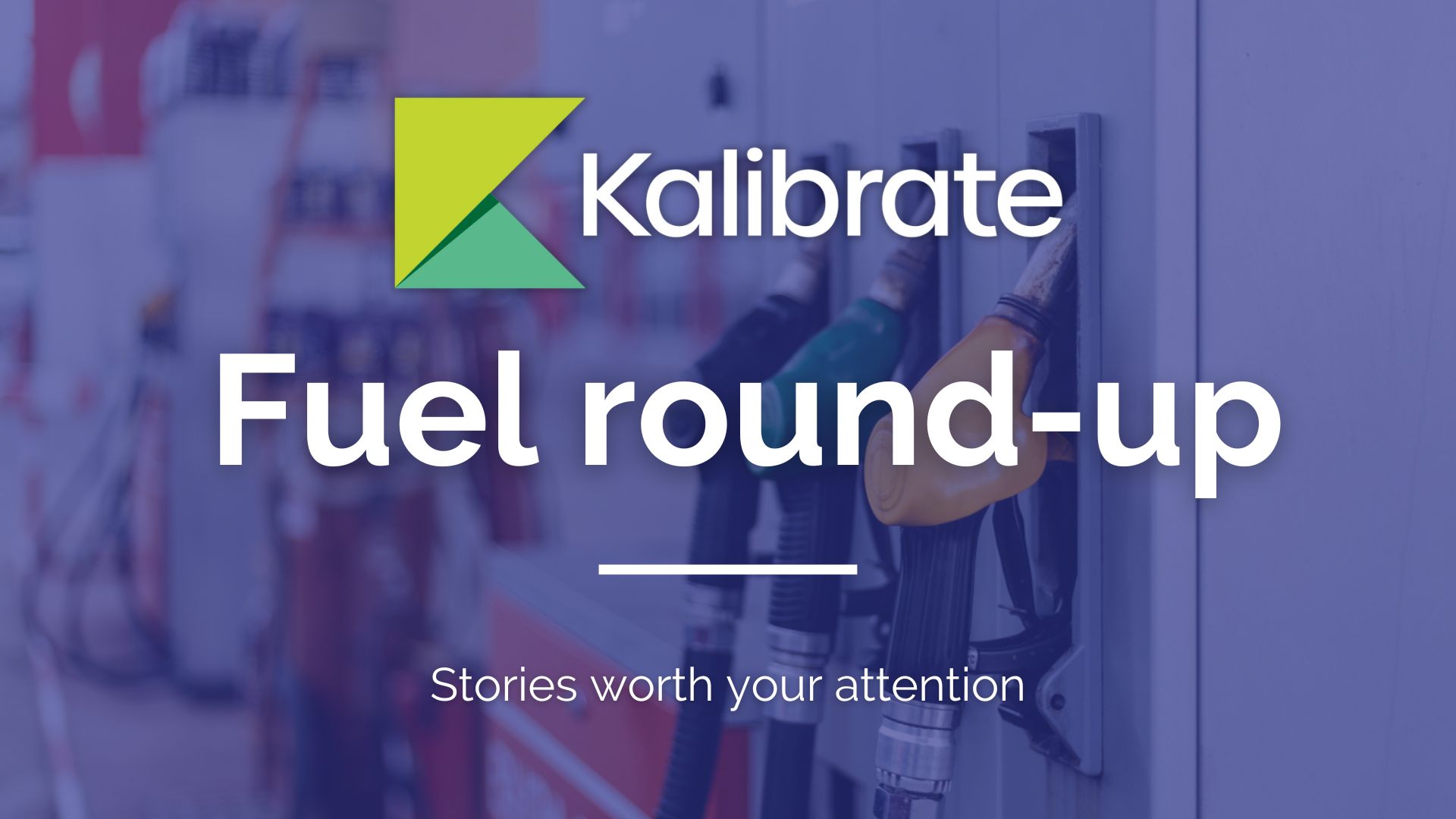Kalibrate works with a diverse range of fuel organizations, so we always have our ear to the ground to see how the environment is evolving. This helps us understand the challenges and opportunities facing the brands we support, but it also helps us keep across the news, innovations, transformations, trials, and tribulations, within the fuel space.
Real estate transformations on the horizon in the fuel retail space?
Shell, BP and ExxonMobil all posted record profits in 2022 due, in large part, to rising oil and gas prices following Russia’s invasion of Ukraine. It looks like these profits are being turned to meeting the needs of future motorists. Recent acquisitions signal the potential shifts in priorities amongst oil majors and a recognition of the need to better serve alternative fuels and electric vehicles.
In February, BP announced the acquisition of TravelCenters of America, indicating that the expansion in its portfolio will strengthen BP’s commitment to biofuels and electric vehicle charging.
Kalibrate’s Tom Hatton reflected on recent news, “After years of downstream divestment by oil majors, it’s possible we are seeing the beginning of a new strategic phase in the transformation of real estate portfolios for these organizations.
“I think this announcement points to a shuffle in the focus for real estate acquisition goals, emphasising the growing importance of EV charging to the forecourt of 2030 and beyond. The location of TCA sites is what makes BP’s acquisition particularly compelling.
“Most gas station locations today do not have the characteristics commonly associated with the future needs of EV drivers – TCA sites, on the other hand, are often what we could call ‘destination locations’.
“It will be interesting to see how fuel retailers optimize the EV driver’s increased time on site, and provide excellent experiences for these drivers at a scalable level as ownership grows over the next decade.
“The question for everyone in the industry will be, with oil majors generating record profits, will we see more of this acquisition activity?”
Volatile oil markets and forecasts for the future
Oil markets were choppy this month, with repeated rises and falls as investors reacted to bullish and bearish indicators. Optimistic demand forecasts by both OPEC and IEA are being countered by worries about declining demand in the US, reports that Russia will cut production in March, as well as inflation concerns.
While analysts expect oil prices to fall in the medium term, the situation remains volatile, so a prudent approach is recommended. Fuel retailers should keep their focus on operational excellence and make sure they have the tools to proactively monitor, as well as quickly adjust to, product cost changes.
Read more at Oilprice.com.
Drastic measures to increase fuel price transparency in Europe
The Italian government has confirmed that it intends to mandate that petrol stations be required to display the average fuel price next to their own prices. The average will be calculated on a national basis for motorway sites, and on a regional basis for everyone else.
Kalibrate’s Matteo Locane commented on the latest announcement, “Governments around Europe are putting initiatives in place to increase fuel price transparency – but asking retailers to display another price on site is certainly a drastic measure.
“Should the decision be confirmed, it will be interesting to see how this affects retailers’ approach to pricing. Generally speaking, retailers with strong data capabilities and the tools to quickly enact large-scale strategy adjustments will be best placed to face regulatory challenges.”
Fuel retailers will also need to consider that advertising average prices on displays will limit existing real estate on the forecourt. Forcing fuel retailers to incur costs (both opportunity and physical) is unlikely to be sustainable over time.
Read more at ilsole24ore.
Alternative fuels gaining traction in the UK
The first digger powered by a hydrogen combustion engine will soon be on UK roads and building sites. The UK Government has approved the use of JCB’s hydrogen-powered backhoe loaders on UK construction sites as part of its decarbonisation agenda.
Alternative fuels are coming, and while they do not yet pose an existential threat to diesel and petrol engines, we can expect to see more of them on the roads moving forward. As a retailer, your best course of action is to remain alert, collect data, and understand what is involved in the provision of these fuels, so that you are ready to take action when the time comes.
The arrival of EVs will significantly impact fuel volumes, but not consistently across a portfolio all at once. Generating and applying the insight around when to act and what action to take will be a critical capability for fuel retailers. Watch this webinar to see best-practice approaches to capitalize on the growth of electric vehicles.
Read more at gov.uk.



